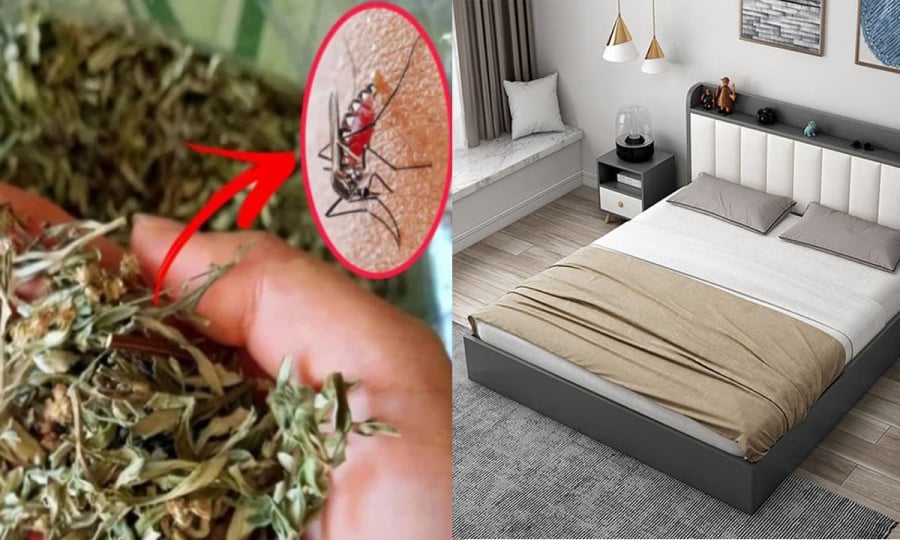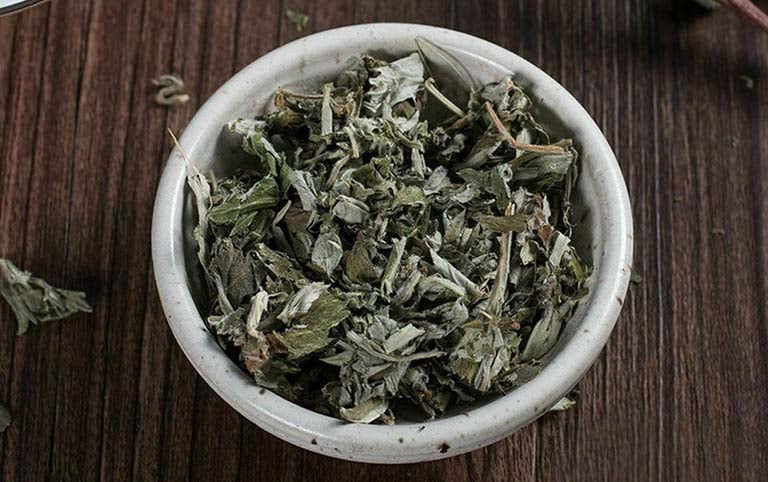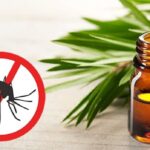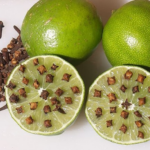Mosquitoes are a nuisance and a health hazard, known to transmit dangerous diseases such as dengue fever, malaria, and Japanese encephalitis. While chemical mosquito repellents may offer a quick solution, they often contain harmful toxins that can adversely affect human health and the environment. As a result, many households are seeking natural, safe, effective, and eco-friendly alternatives. One such traditional method that has gained popularity is the use of dried mugwort leaves.

Why does mugwort repel mosquitoes?
Mugwort, a familiar herb in traditional medicine, is widely distributed across the three regions of Vietnam. It is commonly used in cuisine and is known for its nutritional and medicinal properties. Mugwort has a distinctive, slightly pungent aroma that acts as a natural insect repellent, particularly effective against mosquitoes. The leaves contain essential oils that possess mosquito-repelling and antibacterial properties.
When burned, dried mugwort leaves emit a smoke that mosquitoes find extremely repulsive. This smoke can paralyze their nervous system, driving them away from the smoked area. The smoke produced from mugwort leaves is non-toxic, pleasant-smelling, environmentally friendly, and safe for households with young children, elderly individuals, or those with sensitive dispositions.
How to prepare dried mugwort leaves for mosquito control
Harvesting Mugwort Leaves: Select healthy, pest-free mugwort plants, and harvest the leaves in the morning when they are fresh and contain an abundance of essential oils.
Drying Process: Wash the leaves and dry them in the shade to retain the maximum amount of essential oils. This process can take 3-5 days until the leaves become crisp and easily crumble when gently pressed. Using a dryer is an option, but sun-drying helps preserve the natural fragrance for a longer period.
Storage: Once dried, store the mugwort leaves in cloth bags, glass jars, or sealed plastic bags to prevent moisture and mold. Keep them in a cool, dry place, away from direct sunlight.

Methods to Repel Mosquitoes Using Dried Mugwort Leaves
Burn dried mugwort leaves indoors
This is the most common and straightforward method. Place a small amount of dried mugwort leaves on a metal plate or small clay pot and burn them to produce smoke. Position the burning leaves in a corner of the room, inside a cabinet, or near mosquito hotspots like windows. Keep the doors closed for 10-15 minutes to allow the smoke to permeate the entire room. Then, open the doors, and the mosquitoes will promptly exit.
Hang pouches of dried mugwort leaves near windows or doors
Alternatively, you can fill small cloth pouches with dried mugwort leaves and hang them near mosquito entry points, such as windows, doors, or balconies. The natural fragrance of the leaves will gently diffuse into the air, creating a mosquito-repelling barrier. This method is highly effective and completely safe.
Scatter dried mugwort leaves in room corners
If you prefer not to burn the leaves, you can directly scatter the dried mugwort leaves in the corners of the room or places where mosquitoes tend to hide. While this method may not be as potent as burning, it still helps reduce mosquito presence and leaves a pleasant aroma in the room.
Precautions when using dried mugwort leaves for mosquito control
When burning mugwort leaves, avoid excessive burning in enclosed spaces, as it may irritate individuals with respiratory issues.
Remember that dried mugwort leaves are just one component of mosquito control. For optimal results, combine this method with other measures such as sleeping under mosquito nets and eliminating breeding grounds like stagnant water.
Exercise caution when burning near flammable objects: Always use a heat-resistant container for burning and keep it away from curtains, paper, fabric, etc.
The Ultimate Mosquito Repellent: A Simple Hack to Keep Pests at Bay
Here’s a nifty trick to repel mosquitoes without harming your health, and it’s super easy to do. Simply cut a lemon horizontally and stud the exposed flesh with a generous amount of dried cloves. The more cloves you use, the stronger the fragrance, and the more effective it is at keeping those pesky mosquitoes at bay.


































